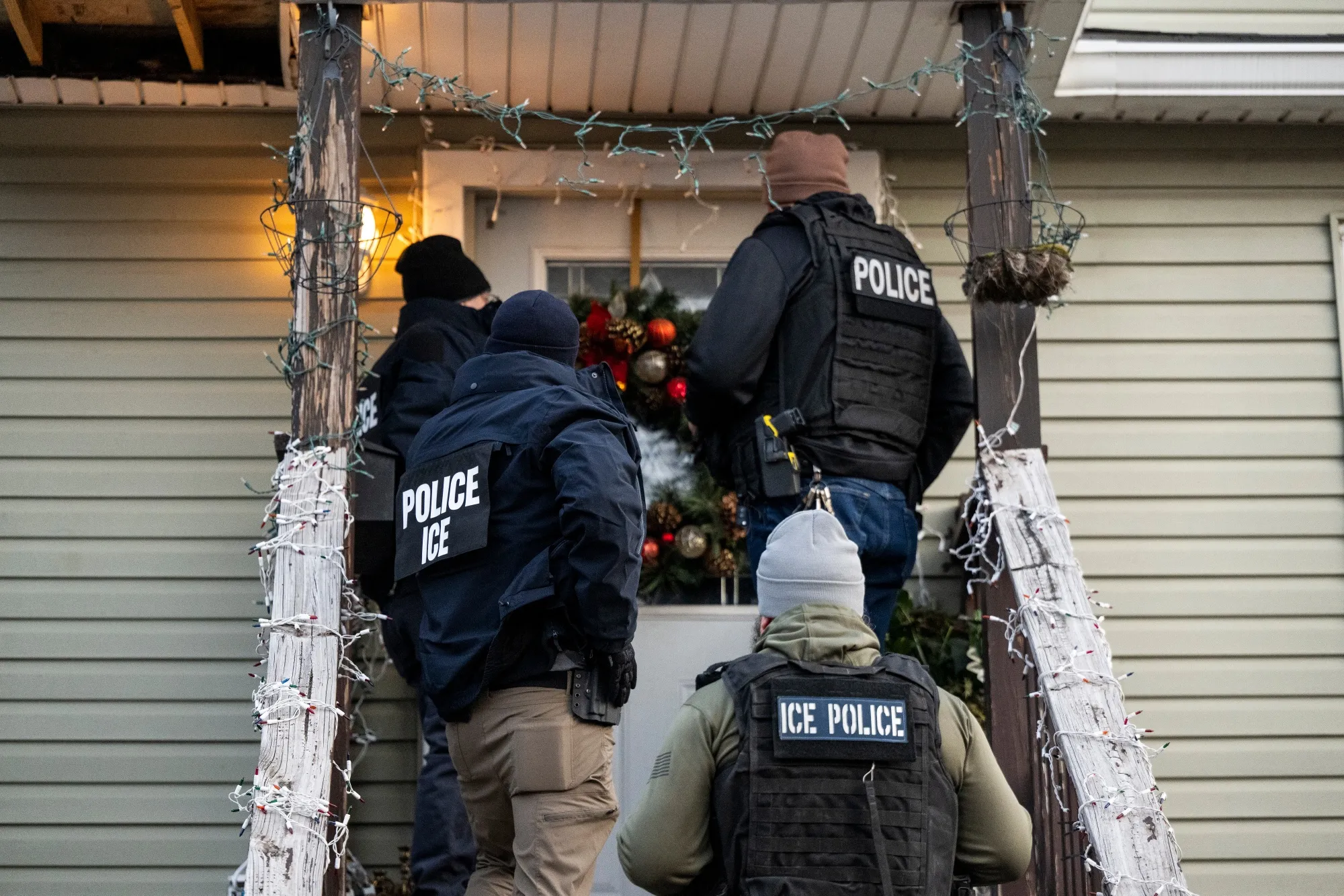- March 28, 2025
Understanding Collateral ICE Arrests: Impact and Controversy

Collateral arrests by U.S. Immigration and Customs Enforcement (ICE) have sparked significant debate in immigration policy and enforcement circles. These arrests occur when ICE officers, while targeting specific undocumented immigrants for detention, also detain other undocumented individuals who happen to be present at the scene. This practice has led to concerns about due process, community safety, and the impact on families.
What Are Collateral Arrests?
Collateral arrests happen when ICE agents, conducting operations to apprehend specific individuals with prior deportation orders or criminal backgrounds, encounter other undocumented individuals and detain them as well. Unlike targeted arrests, which focus on individuals with known legal infractions, collateral arrests often involve people with no prior encounters with immigration authorities.
Legal and Humanitarian Concerns
Critics argue that collateral arrests create fear and insecurity among immigrant communities. Families may be torn apart, and individuals without criminal records find themselves entangled in deportation proceedings. Legal experts also contend that such arrests may raise constitutional concerns regarding due process and protections against unreasonable searches and seizures.
On the other hand, ICE officials defend the practice as a necessary part of immigration enforcement. They argue that officers cannot ignore undocumented individuals encountered during operations and that enforcing immigration laws uniformly is essential for maintaining legal order.
Impact on Communities
The widespread use of collateral arrests has led to increased fear within immigrant communities, discouraging individuals from reporting crimes, seeking medical care, or participating in civic life. Advocates argue that this practice undermines trust between law enforcement and immigrant populations, making it harder for local authorities to maintain public safety.
Local governments in various jurisdictions have responded differently to ICE’s tactics. Some have adopted “sanctuary” policies to limit cooperation with federal immigration authorities, while others support broader enforcement measures.
The Ongoing Debate
The controversy over collateral ICE arrests reflects broader tensions in U.S. immigration policy. While some view them as a necessary tool for enforcing immigration laws, others see them as a punitive measure that disproportionately affects law-abiding individuals and families.
With ongoing legal challenges and policy shifts under the Trump presidential administration, the future of collateral arrests remains uncertain. Advocacy groups continue to push for reforms that prioritize targeted enforcement over indiscriminate detentions, while ICE maintains that such arrests are an unavoidable aspect of its mission.
As immigration policies evolve, the debate over collateral arrests will remain central to discussions on law enforcement, civil liberties, and human rights in the United States.

